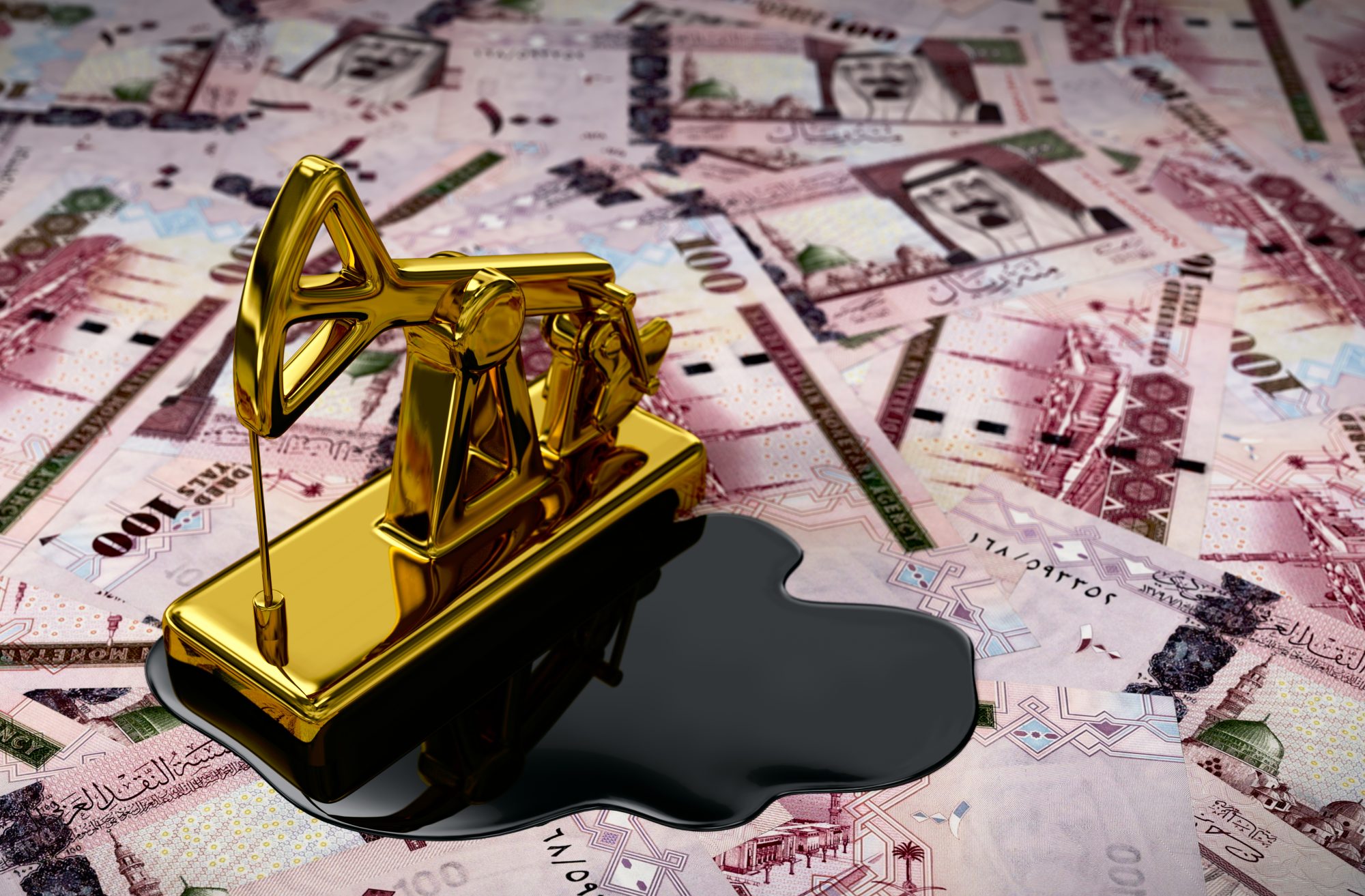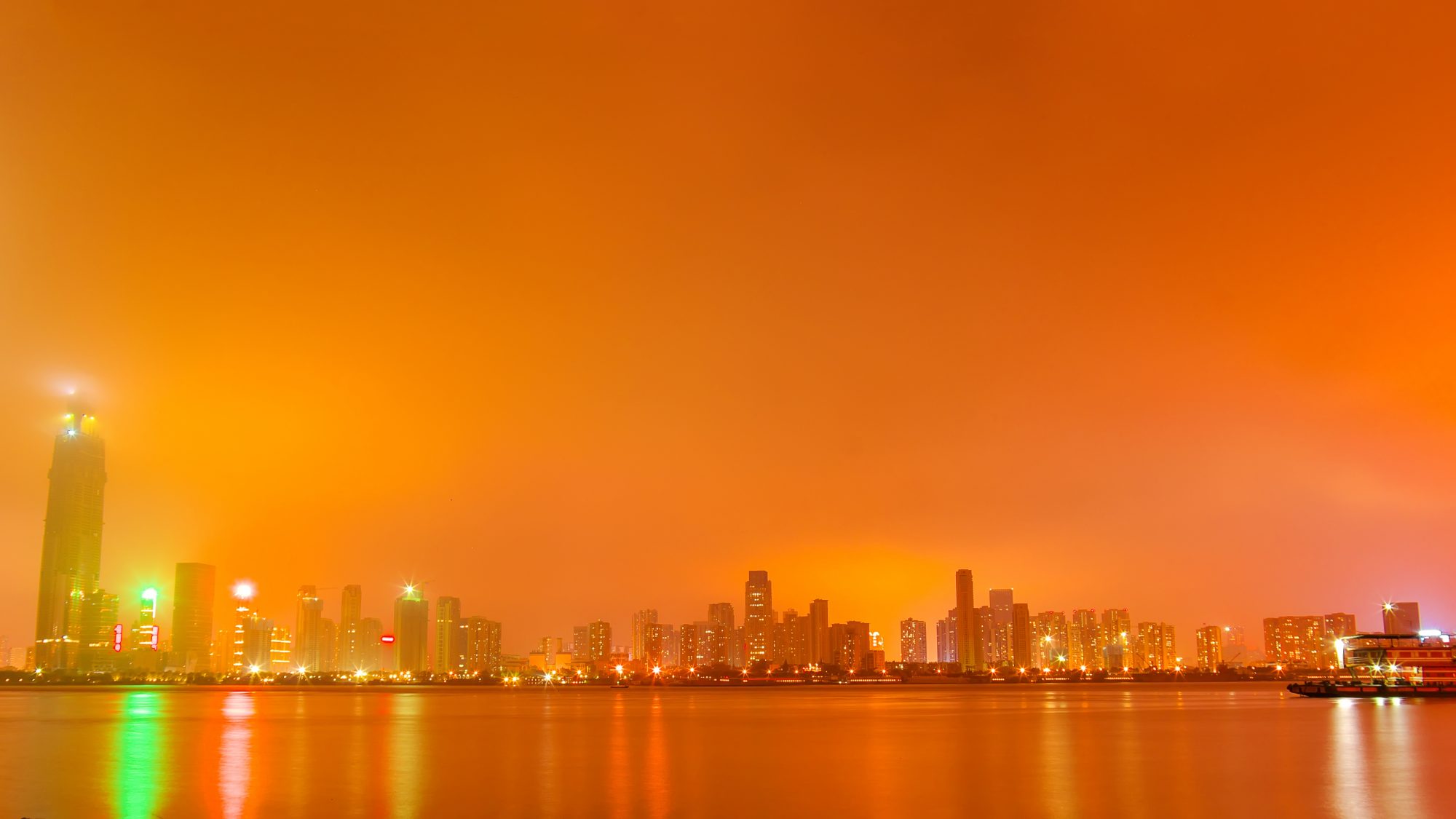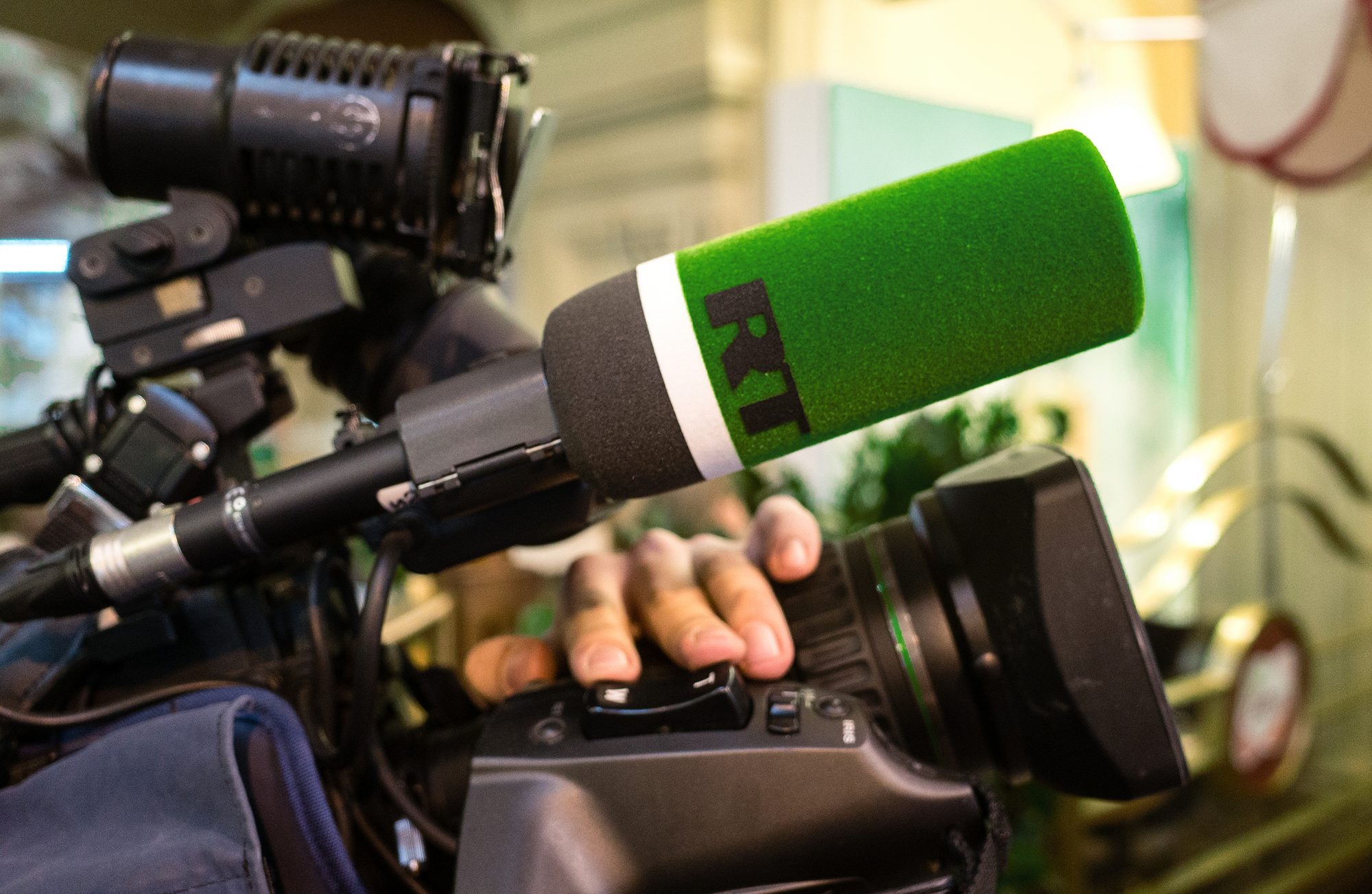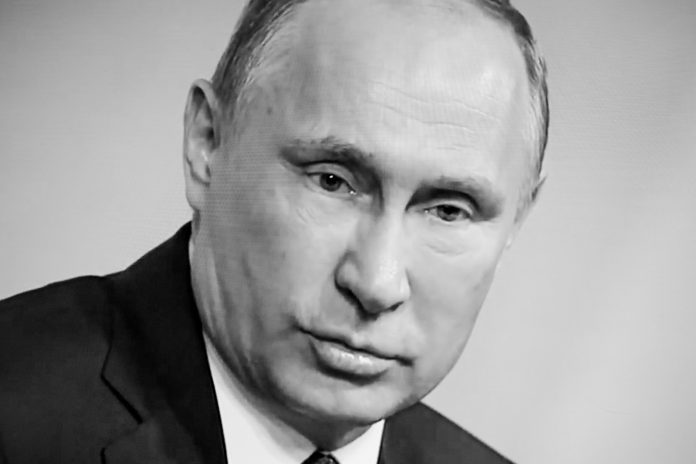Professor Richard Sakwa is a seasoned expert on President Putin: Here he unpacks Russian leadership during COVID-19, exploring the paradoxes of Putinism
Vladimir Putin is potentially the most important leader of our era. He is in equal measure misunderstood and condemned. He has been at the helm of the world’s largest country since late 1999, and his decisions have shaped not only Russia but also some of the key issues in world politics. Putin’s leadership has continued into the midst of what is potentially the most important event in of the current century, the COVID-19 pandemic, and his actions have continued to echo from out of Russia across the world.
How COVID-19 unfolded in Russia
The COVID-19 pandemic in 2020 has proved the greatest test of Putin’s leadership since he first assumed the reins of office in 2020. This proved a triple crisis.
The first issue was the response to the immediate medical, financial and employment effects of the spread of the infection. Russia was behind the global epidemiological curve that gave a false sense of confidence in the early stages, only for the country to be struck by a rising wave of infections and deaths from March.
The second issue was the breakdown of the December 2016 OPEC+ deal in March was accompanied by Saudi Arabia opening the spigots and flooding the oil futures market, which further depressed a price that was already suffering because of the collapse in demand provoked by the slowdown in economic activity.
The third issue was the indeterminate status of the constitutional reforms launched by Putin in his state-of-the-nation speech on 15 January. The amendments had passed parliamentary and regional approval by 14 March as well as endorsement by the Constitutional Court in an Opinion of 16 March, and the only stage left was the ‘popular vote’ on 22 April, which in the event had to be postponed because of the crisis.

The combination of a radical decline in energy revenues, as well as the spiralling costs associated with the crisis, meant that financial reserves were drained far faster than anticipated. Russia is heading for the deepest recession since it emerged as an independent state in 1991. Incomes are hit hard, unemployment is anticipated to rise to 10% of the population, and GDP could contract by as much as 10% this year.
The realities of “managed democracy”
There are also questions about Putin’s management of the crisis. Early hopes that Russia would be spared some of the worst effects soon gave way to a realisation that no country would escape. Russia soon suffered more than China, although nowhere near as much as the US.
The COVID-19 pandemic tests the Putinite polity to the limits. This is a question of governmental efficacy and trust in his leadership. Can a model of “managed democracy” deal with such a major crisis, with enormous implications for the standard of living and the economy. Do democracies deal better with such challenges, or can Putin-style authoritarianism demonstrate its validity by protecting the people and leading the country out of social and economic crisis? And which, with the magnified options of either, does a population prefer?
Russian media at first projected an aura of invincibility, but this soon shattered.
Russian media at first projected an aura of invincibility, but this soon shattered. Putin’s personal trust ratings fell to a level not seen since 2014. However, it is important not to exaggerate the ‘Russia is doomed’ scenario. This theme has accompanied Putin’s leadership since the beginning, but it is misleading and fails to grasp the complexity of the system. On the one hand, it is more effective that critics suggest. Russia has been testing aggressively and the health service has been able to take the strain so far, although the shortage of equipment and personal protection items has become apparent, as in many other countries.
However, there are problems with the governance system. These cannot be reduced to simple measures of success or failure, good or bad. Instead, we focus on explaining the Putin phenomenon through the prism of “paradox”. A paradox is something that at first appears absurd or untrue, yet the contradiction ultimately makes sense. A paradox appears to deny the truth yet the implied meaning reveals some deeper truth. Putin’s leadership is comprised of a number of paradoxes.
The Putin phenomenon is a reflection of the ‘democracy paradox’. Democracy by definition requires the open-endedness of outcomes and the firmness of rules, yet in post-communist Russia, it is the rules that are flexible and the outcomes predetermined. Can a managed democracy be a democracy at all? Who does the managing, and with what justification? Putin inherited a ‘dual state’ from his predecessor, Boris Yeltsin, in which the institutions and procedures of impartial constitutional rule are subject to manipulation by an administrative system standing outside of the rules that it claims to uphold. Putin effectively holds that democracy is too dangerous to be allowed free rein. Instead, the value of stability is affirmed to take priority, but ultimately the search for manually-imposed stability can become destabilising.
Russia in relation to Europe and China
What does this mean in the context of Russia today? The phenomenon of Putin’s leadership is more complex than meets the eye. Putin, in fact, began as the most pro-Western leader Russia has ever had. Putin’s alienation from the West was a gradual process and can be explained by the “security paradox”. Putin came to power in 2000 determined to stabilise relations with Western countries and institutions and even talked of Russia joining NATO.
However, by the time he returned to his third presidential term in 2012, Western relations had irrevocably broken down. The crisis over Ukraine two years later was a symptom rather than the cause of what some call the Second Cold War. Russia and the West each pursued a model of post-Cold War peace order, both based on international law and the norms upheld by the UN, yet in combination with each, the outcome has been disastrous. Europe is once again divided and there is enormous potential for various proxy wars across the globe.
The reasons for this go far deeper than the character of Russia’s leader. When faced by the Coronavirus pandemic in 2020, the facet of Putin’s character that immediately seeks engagement with the West has once again come to the fore. The supply of medical aid to Italy and even to the United States, accompanied by calls for a five-power summit of the five permanent members of the UN is testimony to Putin’s paradoxical commitment to multilateral responses to the global crisis. Putin also worked with President Donald Trump to stabilise the oil price, and a deal was struck with OPEC for deep production cuts, although in conditions of a collapse in demand and over-supply, the oil price remained very low. However, these gestures of cooperation and assistance did little to challenge the entrenched narratives about Russia as a power out to subvert the West and, in an election year, to sow discord in the US.

Instead, what has been striking is the intensification of the Russo-Chinese alignment. China’s handling of the early stages has come in for criticism amid persistent claims that the virus escaped from a laboratory in Wuhan. There have been moments of tension between the two powers as a result of travel restrictions, but both Russia and China demonstratively reinforced their ‘strategic partnership’ during the crisis. Despite its unprecedented scale and devastating effects, the Great Pandemic was not enough to move Russo-Western relations out of their dead-end, and instead only reinforced the emergence of a new bipolar system, with Russia and China on the one side and the Atlantic powers (divided among themselves of course) on the other.
both Russia and China demonstratively reinforced their ‘strategic partnership’
This is where the idea of paradox can help us to understand what is going on with the paradoxes of Putinism. The pro-Western Putin who came to power has overseen a fundamental realignment in Russian foreign policy towards Eurasia and China. However, paradoxically, the shift to the East in certain respects makes Russia a more valuable partner for the West. This was certainly Trump’s view, as he tried to peel Russia away from its alignment with China. President Emmanuel Macron has also argued that no problems of European security can be resolved without Russia.
The economy and “news management”
A number of other paradoxes are at work in contemporary Russia; magnified by the COVID-19 pandemic, most notably in the economic sphere and in the world of news management.
Economically, Putin has led Russia through relative depressions and booms, handling both with an eye on improving his nation’s economic footing internationally and with a comfortable base domestically. However, the paradox is that despite the nation’s departure from Soviet planning in the 1990s, state control over Russia’s key industries has returned. Russia today has a market economy but operates like the managed system of the past. The COVID-19 economic mitigation measures were concentrated on the large corporations, supporting them through a range of financial incentives not to lay off workers. However, the support measures for households and small businesses were inadequate, reflecting the Soviet emphasis on giant enterprises.

‘News management’, with the same caveat of ‘managed democracy’, holds another paradox, perhaps the most impressive. Putin’s people are aware of the wider world and are even able to acknowledge limited criticism of the state and leader, but the final broadcast and print output agenda from state media outlets sanctifies a version of reality that is closely tied to the current goals and ambitions of the leadership. There is news management, but with a relatively free internet and plenty of alternative sources of information, since Russia is no longer a closed society, state propaganda has to adapt to conditions of pluralist debate.
News-attentive Russians are informed of the state’s activities and have been led through the pandemic with regular government advice and restrictions. The real trends in infection and mortality rate have been broadcast, accompanied by criticism for the slow start to the lockdown, allowing the virus to spread to the regions, and have not been spared coverage of the shortfalls in the medical system, accompanied by praise for the heroic dedication of medial and associated staff. The Russian people are aware of the coronavirus, its worldwide mortality and the scale of its erosion of economic activity.
The future of Russia?
As for leadership, Putin is trapped in a paradox of his own making. He has always taken a legalistic approach to governance, as befits someone with a law degree, but just at the time when the pandemic struck he was in the middle of changing the constitution that will allow him to remain President for two more six-year terms when his current period in office ends in 2024. Yet the constitutional amendments began as part of an attempt to shift away from excessively personalised leadership by granting parliament more powers. What began as a attempt by the Putin system to shift towards more institutionalised leadership in fact ended by consolidating presidential rule and Putin’s place in that system. Even if Putin did want to leave office, the system that he has created reduces the possibilities of him doing so.
The system of managed democracy may well prove its worth in dealing with the pandemic, but it also exposed the inadequacies of a system that remains highly personalised and based on neo-Soviet lines of controlled management, while at the same time committed to market principles and an open public sphere. Putin was unable to shield his people from the consequences of the pandemic, and it is unclear what price he and his system will have to pay.
The failure to understand the paradoxes of the Putin system has led to simplistic policy responses by Western countries, which in the end rebounded to harm the West itself. The most tragic paradox of all may be that the societies that most loudly proclaim the values of freedom and openness may be closed precisely to understanding the paradoxes that shape the future not only of one of the world’s leading powers but also of the world at large.





![Europe’s housing crisis: A fundamental social right under pressure Run-down appartment building in southeast Europe set before a moody evening sky. High dynamic range photo. Please see my related collections... [url=search/lightbox/7431206][img]http://i161.photobucket.com/albums/t218/dave9296/Lightbox_Vetta.jpg[/img][/url]](https://www.openaccessgovernment.org/wp-content/uploads/2025/04/iStock-108309610-218x150.jpg)





